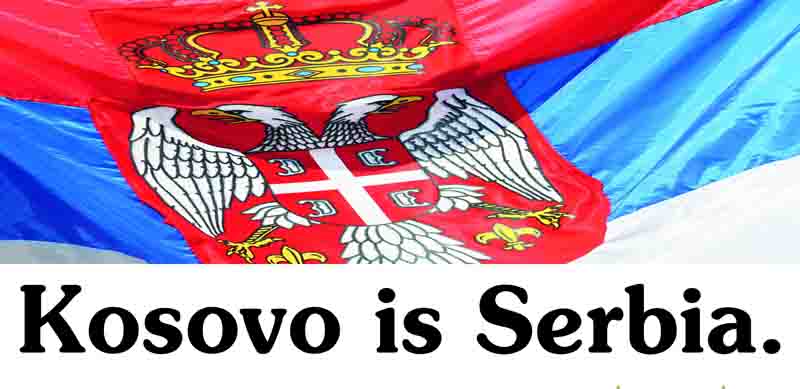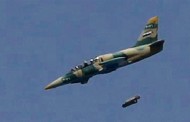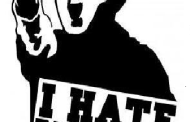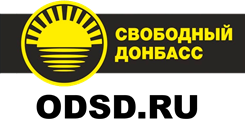Russia’s News Front agency reporter Oksana Sazonova, who was last week arrested in Kosovo along with a colleague, has recounted their experience.
Sazonova and Sergei Belous were arrested in the town of Orahovac for allegedly illegally staying in Kosovo. The journalist said that after spending a night detained, they were both ordered to pay money fines and then “quickly deported, from Serbia to Serbia.”
Sazonova and Belous traveled to Kosovo to interview Serbs in the southern Serbian province and file reports about their lives. Sputnik is reporting that the news agency, headquartered in Russian Crimea, plans to release a documentary film about the situation in Kosovo and Metohija.
Sazonova told the agency that she and her colleague entered Kosovo from central Serbia in a car, via the administrative crossing of Jarinje.
“Of course we had our passports with us and of course we entered the Republic of Serbia legally. At the administrative crossing, they checked the ID card and the driver’s license of a man who was driving us; they only glanced at us,” she said.
The two were later arrested in the street, “in the Serb part of Orahovac, while visiting friends,” the reporter said.
“We went to the car to fetch our things, but my bag and my documents remained in the house. Suddenly five or six Kosovo policemen, Albanians, approached us, and started speaking to us in English. They said they only wished to ID us. I had nothing with me, Sergei had his journalistic documentation, a document with a picture and his name in English. However, this did not suit them, they wanted our passports. They insisted that we go to the house in their car. Still, we went there on foot, and afterwards they took our passports and took us to a police station in Orahovac, and then transferred us to Pristina,” Sazonova explained.
“The stamp of Serbia meant nothing to the police so they asked for our visas, although it is unclear how a creation, which is not only unrecognized by Russia but also unrepresented in the UN, can introduce a visa regime,” she continued.
The Russian reporters were then prevented from contacting anyone and from communicating among themselves.
According to Sazonova, as they were driving toward Pristina, she told the police that she had to contact her boss and let him know they would not be online the next day – “and that they must understand what it will look like once it gets out that she was missing in Kosovo.”
The journalists spent the night in a space meant for illegal migrants, she said, with their phones, laptops, and personal effects removed from them.
“I was only able to call Director Konstantin Klirik in the morning and inform him what happened to us. He said he already knew and that the whole of Russia knew, and that they were working on it. I called my mother to say everything was alright, while Sergei informed the Russian office on Pristina, ” Sazonova said.
She confirmed that they were not mistreated by the police, but believes this was the case “thanks to the Russian diplomacy.”
She is convinced that the Kosovo police “knew well who they were,” noting that she did not know when the Kosovo authorities started to monitor their movements.
As for the footage they recorded before they were arrested, Sazonova explained it mostly deals with the life of the Serbs and the Serbian Orthodox Church in Kosovo.
“The situation is difficult both in the north and in the enclaves. One example was particularly moving. Metohija, the (ethnic ) Albanian town of Istok. There’s a pretty big Orthodox church there and next to it a small house where a priest lives with his family. And that’s the only Serb family and the only Serb children in that town. The church – there’s a big mosque on one side, an office of an association of KLA veterans on the other, and on the third, the Kosovo police, that seems to be defending it,” she said, and added there was also a tavern nearby constantly loudly playing Albanian music.
When the Sputnik reporter noted that the freedom of movement in Kosovo and Metohija was “on paper only,” Sazonova replied: “It’s a small piece of territory that seems to be protected by the whole world: NATO, the UN, the OSCE – but reporters are getting arrested there, believers are afraid to go to church, there’s enclaves there in the 21st century based on ethnicity and religion. And we know the stories about the smuggling and people trafficking in Kosovo.”
This reporter is also convinced that she and her colleague got arrested not because they were allegedly illegally in Kosovo, but because they were recording their footage, and that they were “not the only such case.”
“But only we were arrested and deported, as we say – from Serbia to Serbia,” Sazonova concluded.
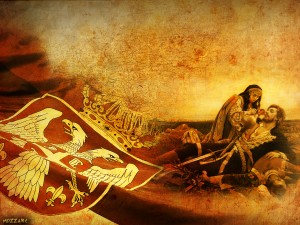
- Будь в курсе последних новостей и интересных статей, подписывайся на наш канал «NovorossiaToday»
- Be aware of the current events and interesting articles, subscribe to our channel «NovorossiaToday»
- Pour ne rien manquer de la derniere actualite et des articles interessants, suis notre chaine Telegram en direct«NovorossiaToday»

